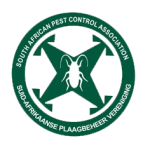Mice may be cute and cuddly to some but don’t let their meek appearance fool you. These smaller Rodents are just as capable as Rats and other Rodents of spreading disease, causing commodity damage and even starting electrical fires. Mice are Rodents and have a constant need to gnaw on hard surfaces to grind down their chisel like incisors. Don’t let a tiny family of Mice ruin your day, call the experts at Mouse Control Durban for a free and no obligation quotation.
Durban Pest Control use cutting edge chemical technology, a keen eye for the job as well as our extensive field knowledge for all Mouse Infestations. Rather than treat only an infestation, we will root out the source of the problem. Unlike our competitors we believe in a holistic approach to Mouse Control.
Our Experienced Mouse Control Durban experts root out the cause. We identify key areas such as their ingress points their harbourage and sustenance. We then remove the source and eliminate the problem where it originates.
About Mice in Durban
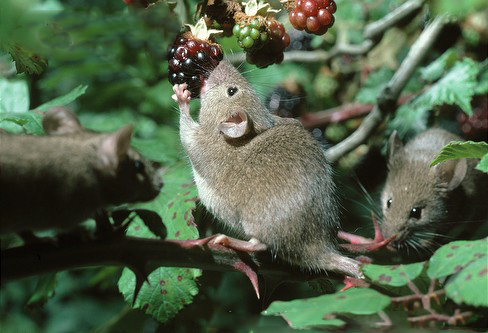
Here in Durban there are two common pest species of Mice. Although one of them are not classed as pests, they get a bad rap for infesting homes, barns and even warehouses. The common House Mouse (Mus musculus / Mus domesticus) and the Striped Field Mouse (Family: Rhabdomys) are the two Mouse species commonly found in homes throughout Durban.
Mice are Rodents, much like Rats. They can cause damage to structures, stored goods and even commodities. Gnawed electrical wires, cartoon like mouse holes in your skirtings as well as damaged food are all commonly associated with a Mouse problem. Their extremely omnivorous diet allows them to find food in most extreme environments. A starchy covering of an electrical cable or a Cockroach or two is fair game to a hungry Mouse. Its this reason so many homes and businesses are plagued with Mouse Infestations.
Lucky for you Mouse Control Durban have you covered. We use our extensive experience and pest biology to effectively handle any level of Mouse infestation.
House Mouse Control Durban
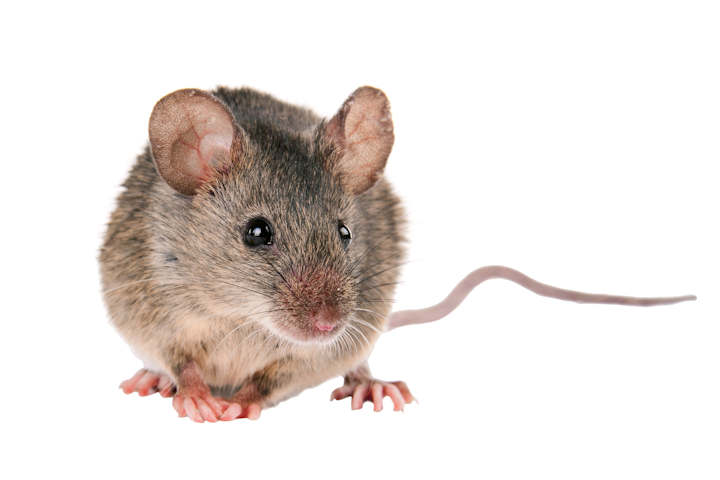
If your hearing the tiny pitter patter of a beasty roaming your roof a night, chances are you have a family of Mice up there. Winter time brings the cooler temperature. Its at this point Rats, Mice and other smaller ground dwelling Rodents leave their burrows to find warmer harbourage. Unfortunately, the insulation in ceiling spaces is ideal regardless of what the roof guys tell you.
- House Mice come in a smaller package. Adults generally range in size between 7cm – 10cm with a tail length of about the same.
- Adult domestic Mice rarely exceed 45g in weight and are a light brown to nearly black in color depending on their habitat. Most Mice here in Durban have shorter hair and a light tan under belly.
- Most Mice are close to blind. Any item further than about 2 feet away appear as light and shadows. They use their nearly hairless feet and vibration sensitive hairs on their underbelly for navigation. Their tail for balance and their acute sense of smell for navigation.
- According to Mouse Control Durban, an infestation can easily be recognized by smell, damage and the presence of fecal matter as well as urine.
- As with most Pest Rodents, Mice are incontinent. This means they urinate and defecate as they go. The average Mouse can pooh between 60 to 80 times a day.
Field Mouse Control Durban
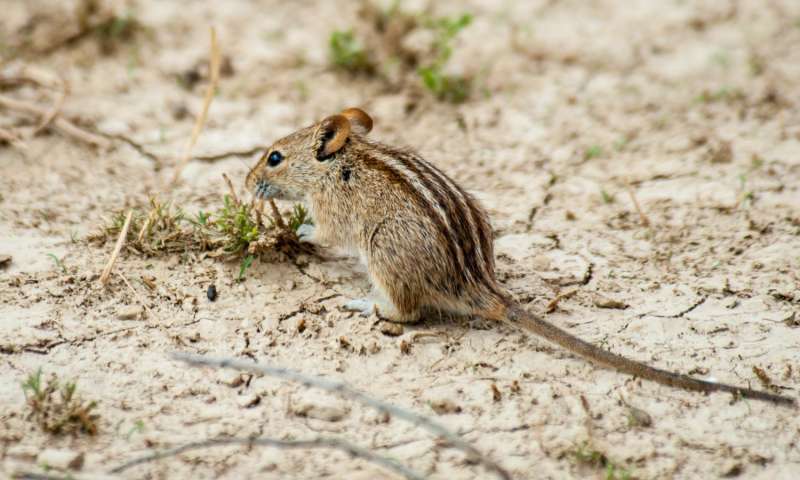
Problems with Field Mice are mostly associated with country living. Environmental estates, green belts as well as farms all have a problem with Striped field Mice. Although they are not technically classed as pests, they can become a sheer nuisance by the numbers they escalate too. According to the field technicians here at Mouse Control Durban, they are c0mmonly found living in and around animal feed.
Lusern, Hay and other commodities commonly attract Field Mice. Not only do these items provide harbourage, they provide food, moisture and hiding space from predators and the elements. Mouse Control Durban staff are trained to provide our clients with helpful hints and tips on Mouse prevention regardless of the situation.
- Striped Field Mice are slightly larger than their cousins. Adults range in size between 9cm to 15cm and weigh about 55g on average. The Rhabdomys family of Rodents are exclusively found in Southern Africa and have an average of 3 to 7 stripes in their back.
- These beasties are a dark grey in color with 3 – 7 parallel black striped on their back.
- Unlike domestic Mice, Field Mice have a more catholic diet. They feed exclusively on grains and seeds as well as Insects such as grubs or Crickets.
- This species can cause sickness in livestock as well as financial loss due to damage and contamination for foods.
Diseases spread by Mice
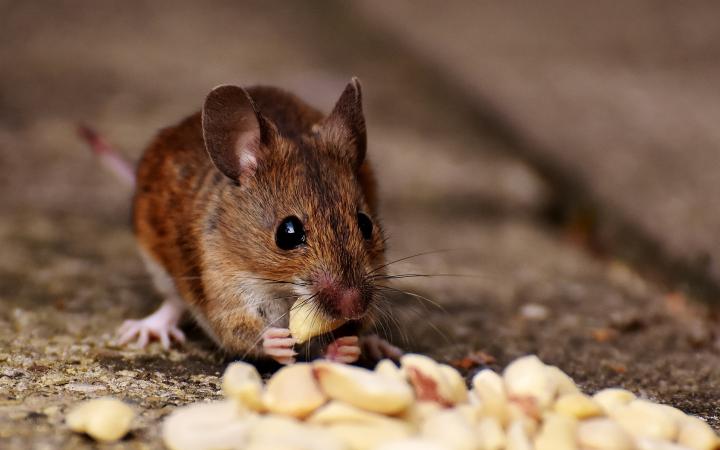
Mice are well known for spreading diseases and bacteria to humans as well as domestic animals such as Dogs and Cats. There are two main ways in which Rodents can spread these dangerous diseases.
Directly, this is where they carry pathogens on their body and their fecal matter. Indirectly, this is where Mice infect insects such as Ticks and Fleas who intern spread it to us their hosts. Here are some of the more prevalent diseases that our Mouse Control Durban team thrive to manage.
- Salmonella: This is possible the most common bacterial disease spread by Mice as well as other Rodents. Affectionately known as food poisoning, Salmonella bacteria can cling to the animals paws and fur and rub off during there every day foraging efforts. This could be anything from your bread basket to those cookies you forgot about in the back of you cupboard. Durban has countless cases of Salmonella poisoning caused by Mice every year.
- Hantavirus: Although not as common as Salmonella, the Hantavirus can be fatal. Unlike many bacterial infections, the Hantavirus can not be spread from humans to humans. Instead transmitted through Mouse urine and fecal matter. Inhaling dust from mouse nests as well as fecal matter is also known to be able to infect humans.
- Lymphocytic Choriomeningitis: This is a Rodent born viral infection. This disease can result in serious neurological problems such as Aseptic Meningitis (inflammation of the meninges that surrounds the brain and spinal cord) and Encephalitis (inflammation of the brain). Although not common throughout Durban this disease is enough reason to use the services of Mouse Control Durban.
Can Fumigation kill Mice?
Fumigation in a traditional sense can not kill Mice. Currently, Durban as well as South Africa has no registered Fumigant for use against Mice and other ground dwelling Rodents. Instead professionals make use of specially designed baits, traps and dusts for management.
Mouse Control Durban use a combination of the above methods to achieve a multi faceted approach. This will ensure better and longer term results while making our service safer for pets and children.
What does Rentokil use to kill Mice?
Rentokil use a combination of Rodenticides and tamper resistant bait stations. Unfortunately majority of the professional use chemicals are not registered for amateur use. Its for this reason they are not sold at hardware shops or garden centers around Durban.
Mouse Control Durban team of inspectors also use a combination of baits as well as formulations. We pride our selves in delivering the most effective and safe service. All our baits will be secured, hidden and out of the reach of non target species. This ensures the safety of your loved ones. Combine this with our dual active highly palatable Rodenticides and you get a service that is fast acting and above all super effective.
Call Mouse Control Durban specialists
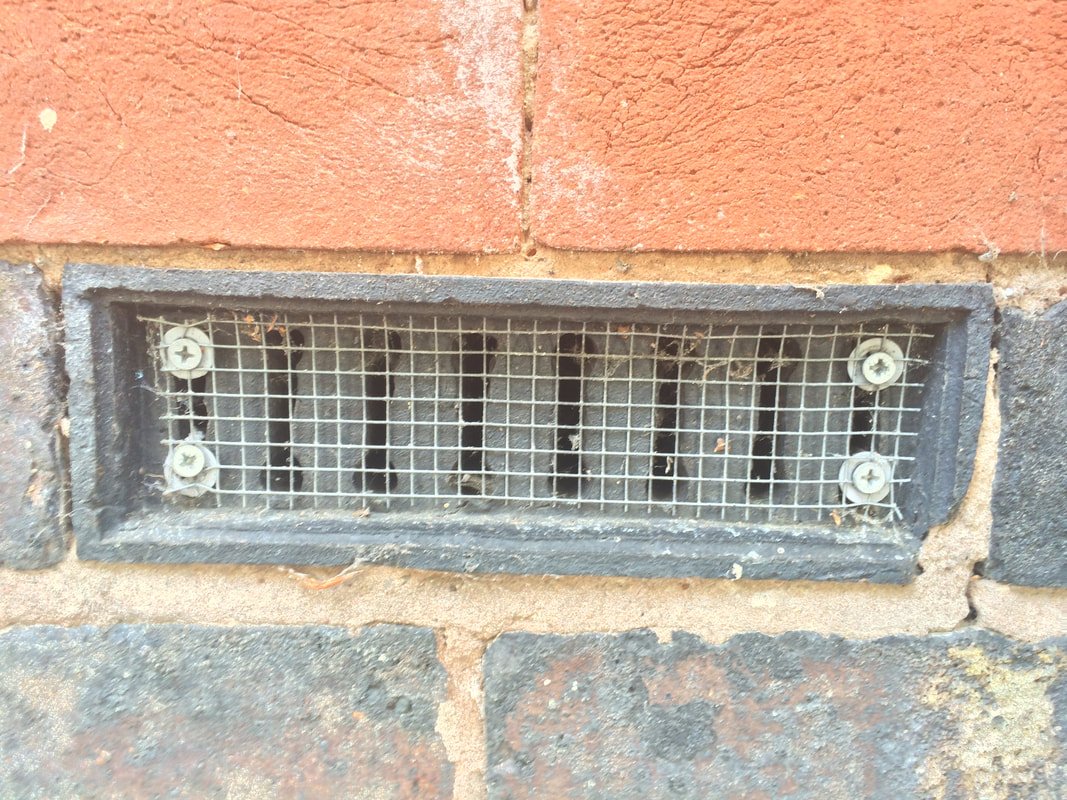
Here in Durban, a Mouse infestation is never too far away. All it takes is a family of Mice to find a cozy spot in your ceiling or compost heap. This will provide them with a warm bed with plenty of food and water nearby.
If you suspect you have a Mouse infestation, feel free to give us a call. Mouse Control Durban teams are happy to provide you with great advice as well as free and no obligation quotations. From Insects to Rodents and everything in between, rest assured Pest Worx has you covered!

